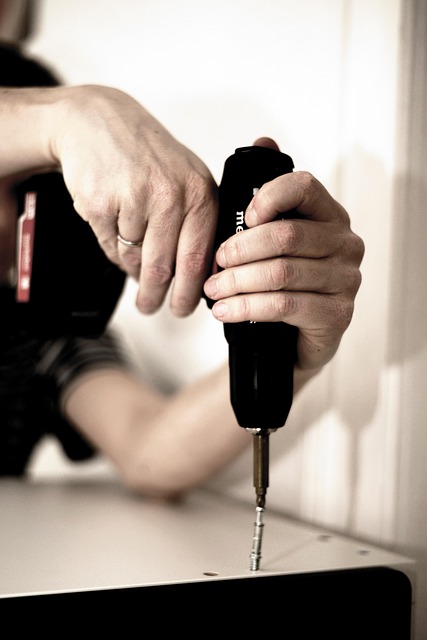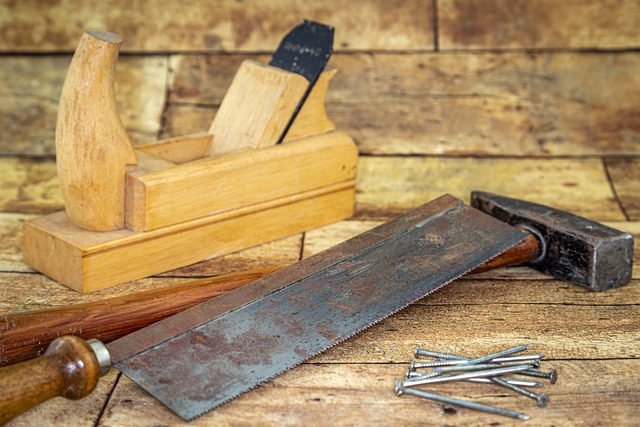Clogged drains cause severe problems like sewage backup, unsanitary conditions, and pipe damage. Regular drain maintenance prevents these issues by removing hair, grease, food debris, and mineral deposits. A simple 5-step process includes using baking soda, vinegar, a plunger, and hot water. Avoid pouring greases, coffee grounds, or large food particles down the sink to prevent clogs. Schedule periodic professional drain cleaning services for thorough clearing and extended plumbing system life, saving from costly repairs.
Keeping your drains clean is essential for maintaining a healthy home and avoiding costly clogs. This article delves into the world of drain maintenance, exploring common causes of cloggings, from hair and grease to tree roots. We uncover the benefits of regular cleaning, providing a step-by-step guide to effective drain unclogging. Additionally, learn preventive measures and tips for long-term care, ensuring smooth flowing drains and avoiding the hassle and expense of plumbing emergencies. Stay ahead – start maintaining your drains today!
- Understanding Drain Clogging: Common Causes and Effects
- Benefits of Regular Drain Maintenance
- Step-by-Step Guide to Effective Drain Cleaning
- Preventive Measures: Tips for Long-Term Drain Care
Understanding Drain Clogging: Common Causes and Effects

Clogged drains are a common household issue that can lead to significant disruptions in your daily routine. Understanding what causes these clogs is essential for effective drain cleaning and maintenance. The primary culprits behind blocked drains include grease buildup, hair and personal care products, food debris, and tree roots intruding into pipes. Grease, especially from cooking activities, can solidify in the pipes, leading to a sticky residue that traps other debris. Hair, often from grooming routines, forms a mat when mixed with soap or other chemicals, creating a barrier that prevents water from flowing freely.
The effects of drain cloggings are far-reaching. They not only slow down your sink or shower drainage but can also cause raw sewage to back up into your home, leading to unsanitary and potentially dangerous conditions. Moreover, severe clogs might result in permanent damage to pipes due to the pressure built up during forced drainage attempts. Regular drain cleaning is a proactive measure that helps prevent these issues, ensuring smooth water flow and maintaining the integrity of your plumbing system.
Benefits of Regular Drain Maintenance
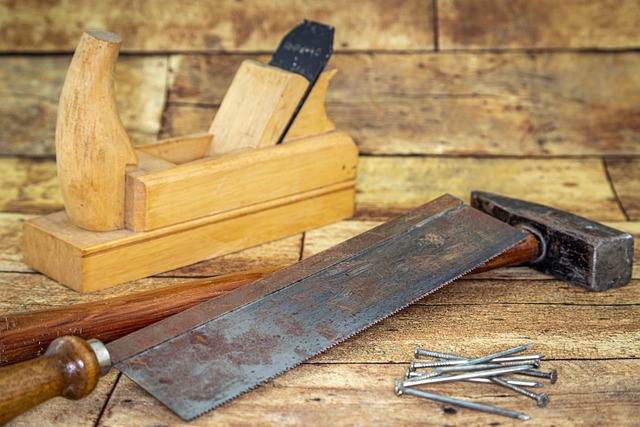
Regular drain maintenance is an essential practice for several compelling reasons. One of the primary benefits is preventing clogs and obstructions in your home’s plumbing system. Over time, drains accumulate hair, grease, food particles, and other debris, leading to slow drainage or complete blockages. Scheduled cleaning ensures these issues don’t arise, maintaining smooth water flow and avoiding costly repairs or emergency plumber calls.
Moreover, regular drain maintenance extends the lifespan of your pipes and fixtures. By removing built-up grime and mineral deposits, it reduces corrosion and wear and tear on plumbing components. This proactive approach not only keeps your drains functioning optimally but also saves you from unexpected plumbing disasters and the hassle of immediate fixings.
Step-by-Step Guide to Effective Drain Cleaning
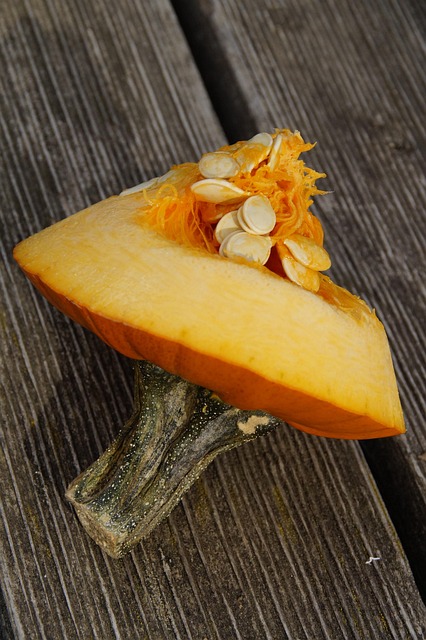
Keeping your drains clean is a simple yet essential task for maintaining a hygienic living environment. Here’s a step-by-step guide to ensure effective drain cleaning:
1. Preparation: Gather necessary tools including a plunger, hot water, baking soda, and vinegar. Disassemble any trap doors or covers to access the drain directly.
2. Pour Baking Soda and Vinegar Mixture: Mix ½ cup of baking soda with ½ cup of white vinegar. This mixture helps break down grease, hair, and other build-ups in the pipes. Pour the solution directly into the drain.
3. Use the Plunger: Place the plunger over the drain opening and pump vigorously for several minutes to create suction. The pressure from the plunger helps dislodge stuck debris.
4. Flush with Hot Water: After a few plunges, pour hot water down the drain in a steady stream. This flushes out any remaining residue and cleans the pipes thoroughly.
5. Repeat if Necessary: For more stubborn clogs, repeat steps 2-4 as needed. If the problem persists, consider using a specialized chemical cleaner or seeking professional assistance for deeper cleaning.
Preventive Measures: Tips for Long-Term Drain Care
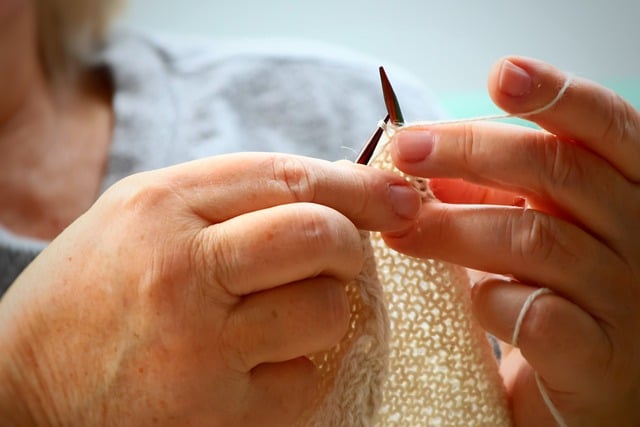
Regular maintenance is key to preventing clogs and keeping drains clean long-term. Start by adopting simple habits like never pouring grease, coffee grounds, or large food particles down the sink. These substances solidify over time and can easily block pipes. Instead, use hot water to flush out small debris and consider using a drain cover to catch larger items before they enter the drain.
Additionally, schedule periodic professional drain cleaning services to thoroughly clear buildup and ensure smooth flow. Remember, regular care not only prevents clogs but also extends the life of your plumbing system, saving you from costly repairs in the future.



